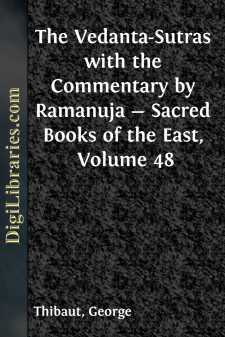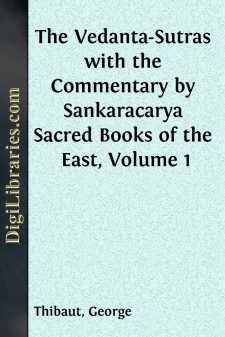Categories
- Antiques & Collectibles 13
- Architecture 36
- Art 48
- Bibles 22
- Biography & Autobiography 813
- Body, Mind & Spirit 142
- Business & Economics 28
- Children's Books 15
- Children's Fiction 12
- Computers 4
- Cooking 94
- Crafts & Hobbies 4
- Drama 346
- Education 46
- Family & Relationships 57
- Fiction 11829
- Games 19
- Gardening 17
- Health & Fitness 34
- History 1377
- House & Home 1
- Humor 147
- Juvenile Fiction 1873
- Juvenile Nonfiction 202
- Language Arts & Disciplines 88
- Law 16
- Literary Collections 686
- Literary Criticism 179
- Mathematics 13
- Medical 41
- Music 40
- Nature 179
- Non-Classifiable 1768
- Performing Arts 7
- Periodicals 1453
- Philosophy 64
- Photography 2
- Poetry 896
- Political Science 203
- Psychology 42
- Reference 154
- Religion 513
- Science 126
- Self-Help 84
- Social Science 81
- Sports & Recreation 34
- Study Aids 3
- Technology & Engineering 59
- Transportation 23
- Travel 463
- True Crime 29
George Thibaut
George Thibaut was a German Indologist and scholar of Sanskrit, known for his translations of important Hindu texts. He is most recognized for translating parts of the "Vedānta-Sūtras" and "The Śatapatha Brāhmana" as part of the Sacred Books of the East series, edited by Max Müller. Thibaut's work contributed to the understanding of Indian philosophy and ancient religious texts in the West. His detailed and scholarly approach helped bridge the cultural and intellectual gap between Europe and South Asia during the 19th century.
Author's Books:
Sort by:
by:
George Thibaut
INTRODUCTION. In the Introduction to the first volume of the translation of the 'Vedânta-Sûtras with Sankara's Commentary' (vol. xxxiv of this Series) I have dwelt at some length on the interest which Râmânuja's Commentary may claim—as being, on the one hand, the fullest exposition of what may be called the Theistic Vedânta, and as supplying us, on the other, with means of...
more...
by:
George Thibaut
INTRODUCTION. To the sacred literature of the Brahmans, in the strict sense of the term, i.e. to the Veda, there belongs a certain number of complementary works without whose assistance the student is, according to Hindu notions, unable to do more than commit the sacred texts to memory. In the first place all Vedic texts must, in order to be understood, be read together with running commentaries such...
more...



